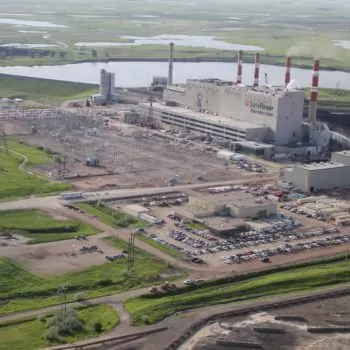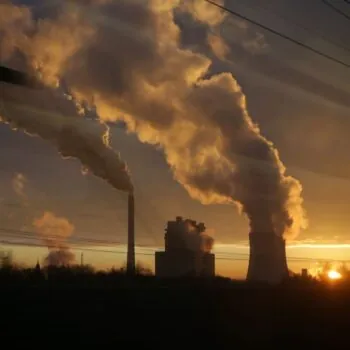Germany’s general election on 24 September 2017 could produce a range of government coalitions with critical implications for Germany’s climate and energy policy, especially for the timeline for coal phase out.
This briefing paper takes a closer look at the potential coalition scenarios for the next German government. It discusses the different interests and approaches to policy of the main parties, as well as the stance on coal and climate set out in their election manifestos.
Key Messages
Despite Chancellor Angela Merkel’s climate leadership, Germany’s CO2 emissions are increasing, in large part through failure to deal with coal which accounts for a third of emissions.
The phase out of coal is politically controversial and difficult to implement, not least due to close connections between the coal industry and trade unions who are amplifying regional concerns over job losses.
The polls suggest that Angela Merkel’s Conservative Christian Democrats (CDU) and its Bavarian sister party CSU will win the largest number of seats but will need to form a stable coalition following the election. The make-up of this coalition will greatly influence German climate and energy policy over the next 4 years as illustrated in the figure below for two potential coalition scenarios.

Any coalition with Green Party participation would offer the best chances of ambition on climate policy and coal, even in a ‘Jamaica’ combination with the CDU and the neo-liberal Free Democrats (FDP). This scenario is increasingly plausible judging from the state of the public debate and the development of the polls.
A potential renewed ‘Grand Coalition’ of CDU and Social Democrats (SPD) will likely struggle to deliver action on coal, not least due to the SPD’s close trade union ties, which cause it to side with incumbent businesses and industry within the climate debate. A ‘Grand Coalition’ is not favoured by the electorate any longer.
A two-party partnership of the CDU with the FDP risks a general slowdown of the Energiewende and inaction on coal, with a retreat to ‘free market principles’, as shown by the recent coalition deal in North Rhine-Westphalia. It would however be a politically convenient coalition for both parties – so would require strong personal leadership by Angela Merkel to ensure that action on coal is delivered.
Given the central role that the CDU/CSU will play as the senior partner in these potential coalitions, great responsibility will fall on Angela Merkel to cement her legacy as being a true ‘climate chancellor’ by ensuring decisive action to phase out coal from the German economy by 2030.
If the CDU and its eventual coalition partners take direct and successful action, then German leadership on the energy transformation from coal will have a profound impact on other nations seeking to meet the Paris Agreement.
In the light of increasing efforts by other G7 and OECD countries on coal, a continued absence of action will have a noticeable negative impact on Germany’s international reputation – and on that of Angela Merkel herself.



